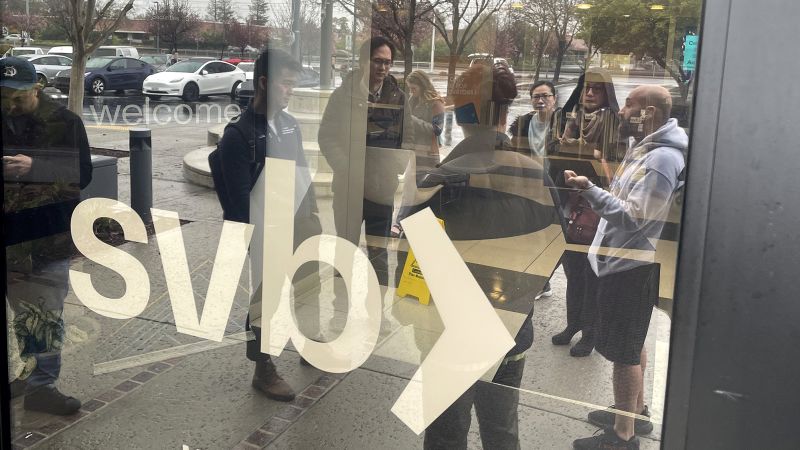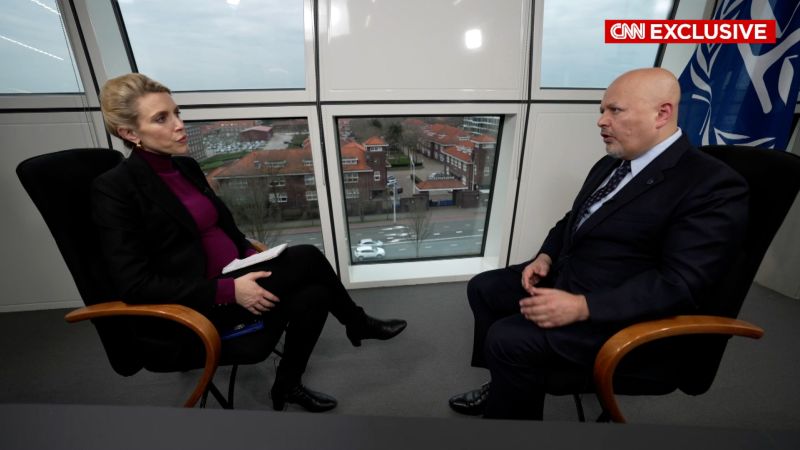Eva Ibbotson, a doyenne of 1980s romantic fiction, once said self-deprecatingly that her books were aimed at “old ladies and people with flu”. To which Ella Risbridger, who is in her early 30s, sniffle-free and a devotee of Ibbotson’s “sexy and sweet” novels, has this cracking comeback: “If love is the most important thing, and to me it was and is, I want books that think that too.”
From here Risbridger plunges into what she charmingly calls “a field guide to delight”. Jane Eyre rubs shoulders with Ice Planet Barbarians (the bright blue aliens who inhabit the ice planet turn out to be sexy in a Mr Rochester kind of way). Pride and Prejudice makes its inevitable appearance, flanked by its many modern iterations, including the ones with dragons. Mills & Boon novels of every stripe are accorded the kind of sustained attention more usually given to Proust, while Judith Butler’s theories of gender are buttressed by a deft analysis of Rupert Campbell-Black, caddish hero of the Rutshire chronicles by the late, great Jilly Cooper.
One of Risbridger’s favourites is The Pisces by Melissa Broder, in which the heroine falls in love, and lust, with a merman. Risbridger recalls discussing it excitedly with her friends, not least the bit where the heroine has to push her fish/boyfriend hybrid around on a trolley. This last plot point is an obvious stumbling block for anyone looking to romantic fiction for real-life inspiration, and there are plenty of them: in the year that Fifty Shades of Grey took off there was a two-thirds increase in admissions to US emergency units for kink-related accidents.
A even more unlikely pairing occurs in Unhinged, by Vera Valentine, in which Tana, the human heroine, starts getting it on with her front door. (Sample dialogue: “I am your door, and I love you”). On taking flesh-and-blood form, however, the door reveals itself to be the son of Zeus, which neatly backs up one of Risbridger’s main points: that the templates of romance narrative are as old as the gods. Knowledge of the classical world is clearly desirable when confronted with a lover who insists on showing up disguised as a white bull, the North Wind or, indeed, a household fixture.
It is this shape-shifting quality that Risbridger celebrates as one of the genre’s great pleasures, arguing that there is “something inherently bisexual – or more properly, pansexual in the fluidity of romantic fiction”. Sometimes the author bakes same-sex attraction into her text: Daphne du Maurier’s Rebecca positively thrums with the eroticised spark between the first and second Mrs De Winter, mediated by the permanently a-simmer housekeeper Mrs Danvers. More subtle, although more powerful, are those works where the queer attraction is coded or unconscious, lying in wait to be made use of by an attentive reader.
To demonstrate what she means, Risbridger offers an analysis of one of her favourite tropes of romantic fiction: the love rival. The love rival is the pitch-perfect woman who appears, at least in the early chapters, to offer the hero everything that his alpha-male heart could desire. She is pretty, rich, clever, all without seeming to try too hard. This is in direct contrast to the heroine, who is full of unrequited longing, self-doubt and a touch of body dysmorphia. Celebrated love rivals include Caroline Bingley in Pride and Prejudice or Blanche Ingram in Jane Eyre and, for pages at a time, she is all that the heroine can think about.
This may seem like small beer as far as same-sex passion goes, but bear in mind that Mills & Boon did not publish an explicitly queer title until 2020. Instead, the fluidity of the romance genre has allowed endless retellings of canonical novels, each becoming edgier than the last. Fifty Shades of Grey began as fan fiction based on the Twilight series, which in turn was a retelling of Bram Stoker’s Dracula by way of Anne Rice’s lusciously camp vampire books. In the course of this lengthy metamorphosis, desire gets diverted, queered, kinked and set free to roam where it will. And it is this quality of loving lawlessness, suggests Risbridger, that gives romantic fiction its deep joy and special pleasure.
after newsletter promotion









 English (US)
English (US)